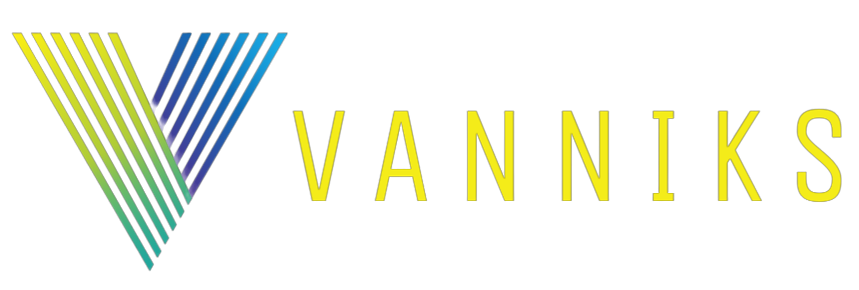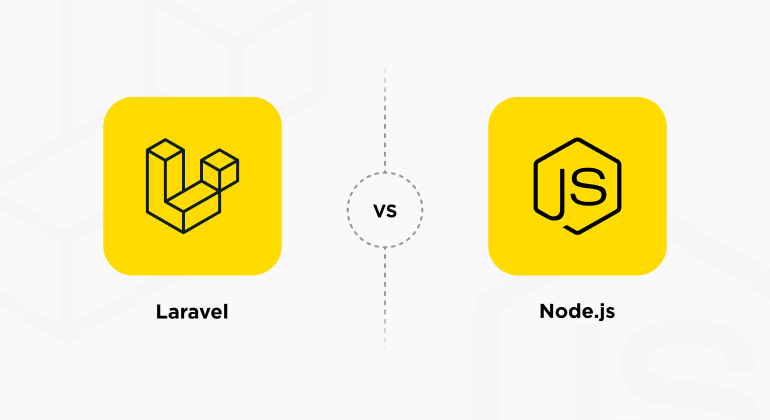A Comparative Guide for Web Development
When it comes to web development, choosing the right framework can be a pivotal decision. Laravel and Node.js are both highly popular choices, each with its own set of advantages and ideal use-cases. In this post, we’ll delve into the key differences between Laravel and Node.js to help you make an informed decision for your next project.
What is Laravel?
Laravel is a robust PHP framework designed for building large-scale, complex web applications. It offers a plethora of features that streamline the development process, making it a go-to choice for many developers.
Key Features of Laravel:
- Powerful Routing System: Laravel’s routing system is incredibly flexible, allowing for easy management of application URLs.
- Eloquent ORM: The Eloquent Object-Relational Mapping (ORM) makes database interactions simpler and more intuitive.
- Artisan CLI: Laravel’s command-line interface, Artisan, provides a suite of helpful commands for common tasks, such as database migrations and seeding.
- Active Community: Laravel boasts a large and active community, offering a wealth of tutorials, forums, and third-party packages to aid in development.
What is Node.js?
Node.js is not a framework but a runtime that allows developers to build server-side applications using JavaScript. It’s engineered for speed and efficiency, making it particularly well-suited for real-time applications.
Key Features of Node.js:
- Event-Driven Architecture: Node.js operates on an event-driven, non-blocking I/O model, making it highly efficient for handling multiple concurrent connections.
- NPM Support: Node.js comes with the Node Package Manager (NPM), which provides access to a vast library of reusable code packages.
- Single Language Stack: With Node.js, you can use JavaScript for both client-side and server-side scripting, simplifying the development process.
- Real-Time Capability: Node.js excels in building real-time applications like chat applications, online gaming, and collaborative editing tools.
Performance Comparison
Both Laravel and Node.js are capable of building high-performance web applications. However, Node.js may have a slight edge in scenarios that require real-time data handling due to its non-blocking I/O model. Laravel, on the other hand, has been optimized over the years for better performance and can certainly hold its own in most use-cases.
Making the Choice: Laravel or Node.js?
The choice between Laravel and Node.js largely depends on the type of project you’re working on and the expertise of your development team.
- Choose Laravel if:
- You’re building a traditional web application.
- Your team has strong expertise in PHP.
- You require a structured and feature-rich framework.
- Choose Node.js if:
- You’re developing a real-time or scalable network application.
- You prefer using JavaScript across the stack.
- You need to handle a large number of simultaneous connections efficiently.
In conclusion, both Laravel and Node.js are powerful options for web development, each with its own set of strengths and ideal use-cases. By understanding the unique features and limitations of each, you can make a more informed decision for your next web development project.


